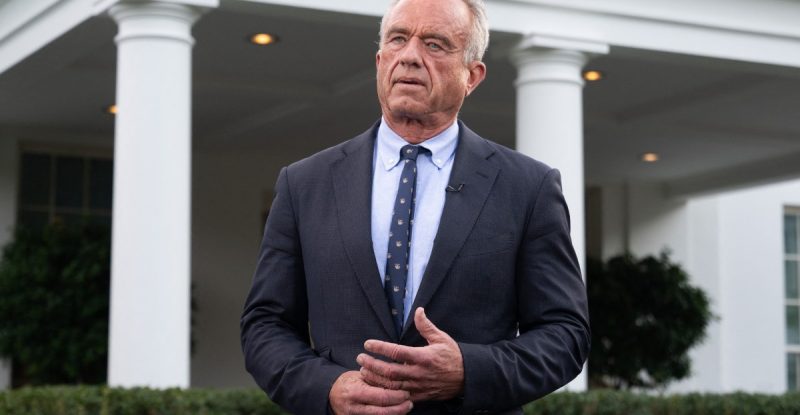
Robert F. Kennedy Jr.’s appointment as US Health Secretary has sparked a firestorm of controversy. His actions, including mass layoffs at the CDC, cancellation of vaccine funding, and promotion of alternative medicine, have placed him at odds with the nation’s public health establishment. Leading scientists and physicians are pushing back, concerned about the potential impact on vulnerable populations and the erosion of public trust in established health guidelines.
Ezekiel Emanuel, a renowned oncologist and medical ethicist, offers a critical perspective on Kennedy’s agenda. While acknowledging the need for bipartisan approaches to public health, Emanuel expresses deep concern over Kennedy’s qualifications and the potential consequences of his policies. He points to the significant achievements of vaccination in saving lives and warns against reversing these advancements.
Emanuel does, however, agree with Kennedy’s focus on nutrition and chronic diseases. He highlights the role of industrial food production and cuts to the social safety net in fueling the obesity epidemic and related health issues. He argues that addressing these systemic problems is crucial for improving public health, but criticizes Kennedy’s approach of slashing funding for crucial programs as counterproductive.
The recent measles outbreak in Texas, with its tragic consequences, serves as a stark example of the potential risks associated with decreased vaccination rates. Emanuel emphasizes the long-term investment required for effective public health initiatives and warns against the short-sighted approach of budget cuts. He also expresses concern over the administration’s apparent suppression of vital information, like the link between alcohol and cancer, further eroding public trust in official sources.
With the government’s credibility at stake, Emanuel suggests alternative sources of reliable health information, including the Vaccine Integrity Project and the Surgeon General’s reports. However, he points out the inherent difficulty in navigating multiple, disparate sources of information, especially for the average citizen who lacks the time or expertise to verify claims. This, he suggests, is a deliberate strategy to obstruct access to vital public health information.
Ultimately, the debate surrounding Kennedy’s leadership highlights a critical juncture in American public health. The consequences of his decisions will be felt for years to come, impacting everything from disease prevention to the trust placed in governmental agencies.










